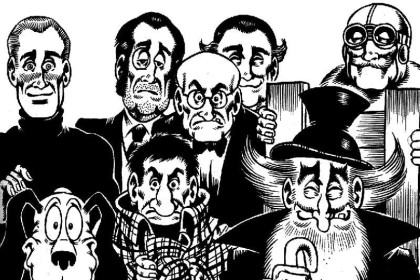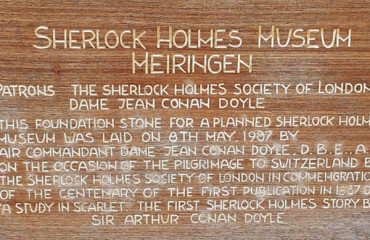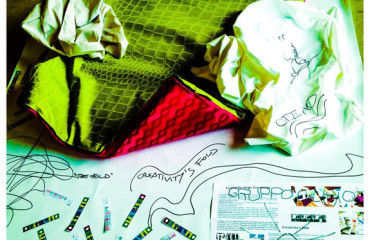
Suite in four parts
Fourth part: Ecology
In register No. 44 of Alan Ford called Ecologia (Ecology), in the second cartoon of table 64, an angry Bob Rock says, “But what is this rubbish of ecology? The study of eco?” The joke isn’t as trivial or stupid as it may appear to a reader of our day, because in October 1972 (the release date of the episode in question) most people ignored the significance of the term ecology. In fact it was quite a new word and most people were not familiar with it, especially among the less cultured areas.
However, everyone knew what pollution was and what was happening to nature (the founding of WWF Italy was quite recent). Despite this, everyone perceived the threat as the harbinger of something that would cause problems in a not so near future. This is what science fiction movies of the time let us think.
It will happen to future generations, perhaps. But then again maybe not, not even to them, because during the course of centuries man will become wise and stop destroying nature and the planet. This was more or less the current sentiment, closely related to the well-known indifference that we are all insane carriers of. Even now, not only at the time of Peter Gabriel’s Genesis. In fact the results can be seen in all their “glory”. In the early 1970s, among other things, there was the chilling and multicoloured blossoming of plastic bags and a thousand other atrocities, always in non-biodegradable plastic. There were even plastic cars, so if you had an accident you just died immediately and nobody thought twice about it.
The only person that managed to make a nice plastic bag was Renato Pozzetto who used as his inseparable accessory in the show, Il poeta e il contadino (The poet and the farmer), when he was still working alongside Cochi and with the likes of Jannacci, Andreasi and Toffolo. Plastic movies were not around at the time (non-biodegradable, non-digestible and not funny).
By association of ideas, Cochi and Renato automatically led me to the first Villaggio and Alan Ford. Basically they all created from scratch a new kind of comedy, a new humorous style and also influenced the way people spoke. Everything was absolutely so Italian. Originally self-sufficient. True home-bred genius. Not copied and not imported.
Alan Ford, for those two or three “bums” who still don’t know, was created from the brush of the artist, Magnus (Roberto Raviola) and from the pen of the writer, Bunker (Luciano Secchi). After working together for years on the stories of Kriminal and Satanik (other classic characters created by them), at one point the two authors decided to finally create the comic that they actually dreamed of doing for so long. They convinced the publisher, Corno and Alan Ford finally appeared on all newsstands.
Alan Ford was a huge fiasco in the beginning (as it always happens for all new things and things ahead of its time). It was a great success afterwards. The first 75 editions enter forever right in the Olympus of Italian comics and drawings of Magnus (who unfortunately would then abandon everything), both for fresh ideas and the pyrotechnic verve of Bunker.
With Nos. 40 and 47 they deal with issues tied to pollution of the planet: the already mentioned Ecologia and La minaccia di Aseptik (Ecology and Aseptik’s threat). In both episodes, a mad scientist, Aseptik, attempts to poison the earth so as to accelerate the destruction already largely started by polluters. He pretends to be a champion to the cause, while he is exactly the opposite. The stories blatantly accuse industries and greedy finance companies as the main responsible figures of the planet’s agony. Magnus & Bunker directly speak their minds, in their typical “alanfordian” way, fun and gently anti-intellectualistically.
(continues)
www.fermoeditore.it
 English
English  Italiano
Italiano 



